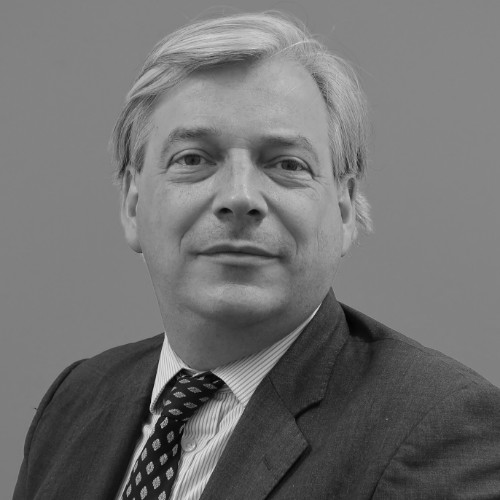Common sense view on dividends is wrong
According to research by American academics, the commonly held assumption that low dividend payouts are a sign of future earnings growth is wrong. Using this philosophy, here are the best tips for potential investment targets on the London market.

Get the latest financial news, insights and expert analysis from our award-winning MoneyWeek team, to help you understand what really matters when it comes to your finances.
You are now subscribed
Your newsletter sign-up was successful
Want to add more newsletters?

Twice daily
MoneyWeek
Get the latest financial news, insights and expert analysis from our award-winning MoneyWeek team, to help you understand what really matters when it comes to your finances.

Four times a week
Look After My Bills
Sign up to our free money-saving newsletter, filled with the latest news and expert advice to help you find the best tips and deals for managing your bills. Start saving today!
"History provides little support for the commonly held assumption that low dividend payouts are a sign of future earnings growth to come," says Timon Day in Shares. In fact, according to research by American academics Robert Arnott and Cliff Asness, just the opposite is true. They analysed 50 years of data from US firms and showed that "future earnings growth is fastest when the current dividend payout ratio is high and slowest when pay-out ratios are low". This corroborates Michael Jones' and Steven Greiner's view in their research paper Stock Selection: Do Dividends Matter?, which concluded that "dividend-paying stocks with yields between 1% and 4% consistently outperformed non-dividend-paying stocks".
Of course, there are exceptions, such as Berkshire Hathaway and Microsoft, but they only serve to "prove the rule". According to Jones and Greiner, the "sweet spot" in order to maximise returns consists of a portfolio of stocks with yields between 3% and 4%.
Using this philosophy, Shares suggests a dozen potential investment targets on the London market with decent yields and a high rate of dividend growth. One of Lloyd's largest non-life insurers, Amlin (AML, 282p), will benefit from "big premium increases" following a year of disasters. Assuming there is no repetition of such disasters, the company's dividend is forecast to rise around 28% to yield 4% in 2007. In the meantime, according to Yahoo, it is trading on a prospective p/e of just 7.8 times next year's earnings.
MoneyWeek
Subscribe to MoneyWeek today and get your first six magazine issues absolutely FREE

Sign up to Money Morning
Don't miss the latest investment and personal finances news, market analysis, plus money-saving tips with our free twice-daily newsletter
Don't miss the latest investment and personal finances news, market analysis, plus money-saving tips with our free twice-daily newsletter
The other 11 were: Aquarius Platinum (AQP, 807p); Telford Homes (Aim:TEF, 210p); Terrace Hill (Aim:THG, 57p); Mouchel Parkman (MCHL, 347p); Detica (DCA, £12.90); Kensington (KGN, £11.32); Majestic Wine (MJW, 316p); Zytronic (Aim:ZYT, 270p); Severfield-Rowan (SFR, £12.58); Go-Ahead (GOG, £18.74) and "ten bagger" Mears (Aim:MER, 316p).
Get the latest financial news, insights and expert analysis from our award-winning MoneyWeek team, to help you understand what really matters when it comes to your finances.
Charles has previously written for the MoneyWeek, giving readers his share tips regularly and covering other topics on the side such as stock markets and the economy. He has also written for The Business, Shares, Investors Chronicle and The Evening Standard, and Charles has presented on LBC and been a guest on BBC One and BBC World. Aside from his journalist background, Charles graduated as a chemist from the University of Oxford specialising in ligand gated ion channels.
-
 Should you buy an active ETF?
Should you buy an active ETF?ETFs are often mischaracterised as passive products, but they can be a convenient way to add active management to your portfolio
-
 Power up your pension before 5 April – easy ways to save before the tax year end
Power up your pension before 5 April – easy ways to save before the tax year endWith the end of the tax year looming, pension savers currently have a window to review and maximise what’s going into their retirement funds – we look at how
